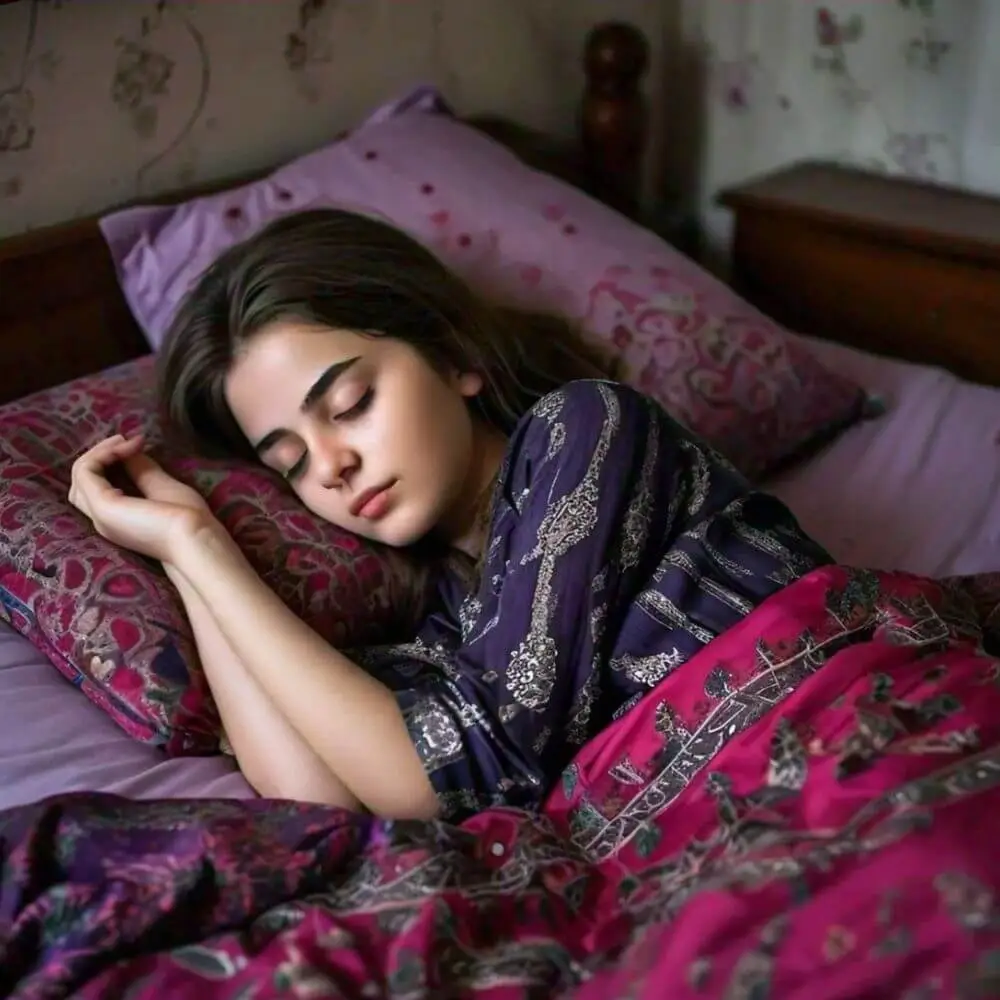The Disturbing Reality of Technology Restriction and Sleep Maintenance Insomnia
Have you ever found yourself startled in the middle of the night, realizing that no matter how much you want to, it just won’t be possible to fall asleep again? Would you do anything to prevent that from happening? If yes, then it is highly likely that you fall within the large cohort of individuals diagnosed with sleep maintenance insomnia. But, what triggers this kind of insomnia? For instance, why does engaging in technology at odd hours seem to amplify it? Let’s delve into some specifics regarding sleep maintenance insomnia, and how those specifics set this type of sleep disorder apart from other types. You may be surprised how your late-night session of technology use can leave you wishing you never went to bed.
What Is Sleep Maintenance Insomnia?
Sleep maintenance insomnia is a form of primary insomnia, also referred to as sleep maintenance difficulty, where individuals struggle to remain asleep throughout the night. In contrast to sleep onset insomnia, where falling asleep initially is the problem, sleep maintenance insomnia involves frequent awakenings or early morning waking without the ability to return to sleep. This leaves individuals feeling fatigued, irritable, and unfocused the next day. If left untreated, it can lead to long-term health complications.
What Sets Interrupted sleep disorder Apart From Other Types of Sleep Problems?
Sleep maintenance insomnia is distinct from other sleep disorders like sleep onset insomnia, which affects falling asleep, and conditions like sleep apnea or narcolepsy. Here’s why:
- Frequent Awakenings: Unlike sleep onset insomnia, where individuals struggle to fall asleep initially, sleep maintenance insomnia disrupts sleep in the middle of the night, causing frequent arousals.
- Middle-of-the-Night Wakefulness: People with this condition wake up multiple times or experience early morning awakenings, unable to return to sleep.
- Physical vs. Psychological: While other sleep disorders like narcolepsy may be more physically driven (e.g., excessive daytime sleepiness), sleep maintenance insomnia is often associated with psychological factors, making it more behaviorally influenced.
Understanding the specific characteristics of sleep maintenance insomnia helps in addressing it more effectively, rather than confusing it with other sleep disorders.
What Causes Sleep Maintenance Insomnia?
The causes of sleep maintenance insomnia are varied and differ from person to person. Some common triggers include:
- Stress and Anxiety: Worrying about daily responsibilities or personal concerns can keep you up at night, preventing you from falling back asleep.
- Aging: As we age, the body produces less melatonin, the hormone responsible for regulating sleep. This can make it harder to stay asleep.
- Medical Conditions: Conditions such as depression, arthritis, or chronic pain can interrupt sleep and lead to nighttime awakenings.
- Poor Sleep Environment: Noise, light, uncomfortable bedding, or an unsuitable room temperature can provoke frequent awakenings.
- Late-Night Tech Use: One of the most subtle but significant contributors to sleep maintenance insomnia is the use of technology before bedtime.
Hidden Dangers of Late-Night Tech Use
Many of us have developed the habit of checking social media, responding to emails, or watching videos late into the night. While it may seem harmless, this habit could be one of the leading causes of your sleep fragmentation. Here’s why:
- Disrupted Sleeping Pattern: Research shows that exposure to blue light from devices like smartphones and tablets delays the body’s circadian rhythm, leading to fragmented sleep and increased wakefulness during the night.
The impact of technology on sleep can be more profound than we realize. Let’s explore ways to minimize its effects on sleep.
Sleep Disruption Insomnia Overcoming Strategies
If you’re struggling with sleep maintenance insomnia, here are five expert-backed strategies you can try today:
1. Keep Your Bed Tech-Free During Sleeping Hours
Turn off all electronic devices at least an hour before bedtime. Replace screen time with relaxing activities like reading a physical book or engaging in light stretching exercises.
2. Create a Consistent Bedtime Routine
Go to bed and wake up at the same time every day, even on weekends. This routine helps regulate your body’s internal clock, making it easier to maintain sleep.
3. Prepare Your Sleeping Environment
Ensure that your bedroom is cool, dark, and quiet. Invest in comfortable bedding and blackout curtains to block out excessive light that could interrupt sleep.
4. Manage Stress and Anxiety
Incorporate mindfulness practices like deep breathing, yoga, or meditation to calm the mind before bed.
5. Try Cognitive Behavioral Therapy for Insomnia (CBT-I)
If your insomnia persists, consider consulting a healthcare professional who can offer Cognitive Behavioral Therapy for Insomnia (CBT-I), a proven treatment that targets the underlying causes of insomnia.
How Decreasing Late-Night Tech Use Impacts Sleep
Reducing your exposure to technology in the evening can significantly enhance your sleep quality. Sleep studies have shown that minimizing screen time before bed increases melatonin production, leading to deeper, more restful sleep. Additionally, winding down without digital distractions can help signal to your brain that it’s time to sleep, promoting healthier sleep patterns.
Conclusion: Is Sleep Disruption Insomnia Preventable?
The good news is that sleep maintenance insomnia is both treatable and preventable with the right lifestyle changes. Recognizing that late-night technology use plays a major role in disrupting sleep empowers you to make adjustments that will improve the quality of your rest.
What steps are you going to take today to combat Trouble maintaining sleep? Share your thoughts and experiences in the comments. Have you tried turning off your devices before bed? Did it help? Let’s keep the conversation going and support each other in achieving better sleep.





